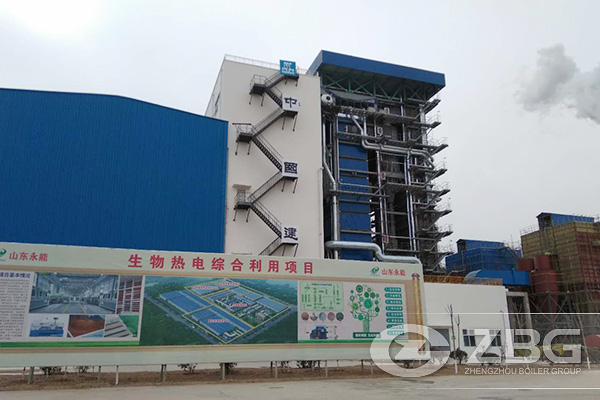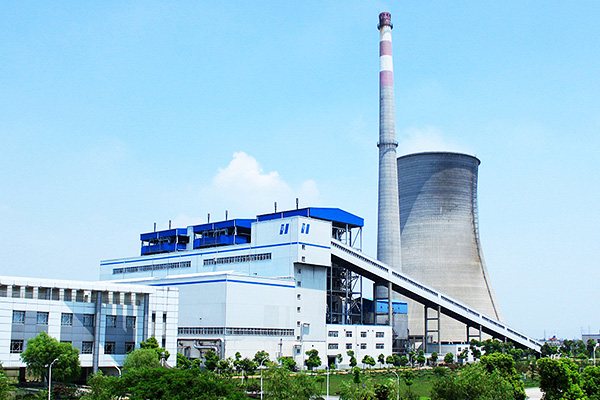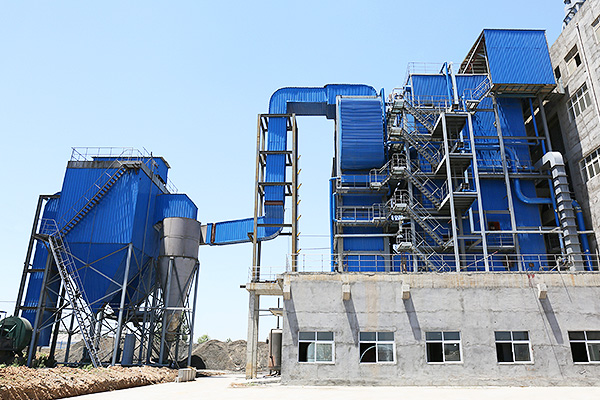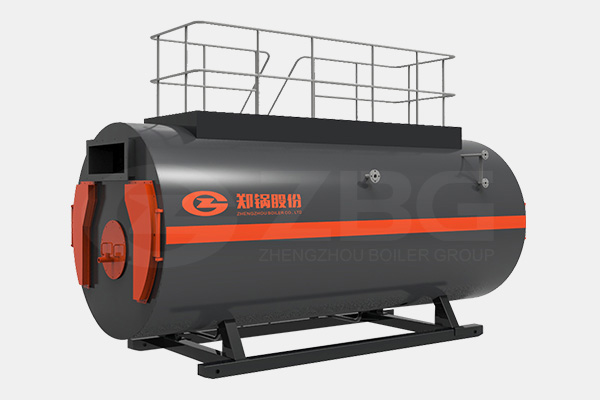Biomass Power Generation Industry Has Bright Prospects

With the increasingly prominent energy crisis and environmental problems, countries around the world actively invest in the development and utilization of new renewable energy. New energy biomass power generation has comprehensive economic, ecological and social benefits, and has entered a stable development stage. Although the industry still faces some problems, it is generally believed that biomass power generation has broad prospects as long as appropriate support is given in policies, funds and technology.
Biomass energy comes directly or indirectly from photosynthesis of plants, generally from agricultural and forestry resources, domestic sewage and industrial organic wastewater, municipal organic solid waste and livestock manure, etc. It has the characteristics of environmental friendliness, wide sources, abundant reserves, renewable and storage. Biomass energy can be converted into different fuel types through physical conversion (solid briquette fuel), chemical conversion (direct combustion, gasification, liquefaction), biological conversion (such as fermentation to methane) to meet various forms of energy demand.
The principle of biomass power generation is similar to that of thermal power, with stable power and high quality, which is more friendly to the power grid. Compared with the same stable hydropower, the annual generating hours of biomass power generation are 7000-8000 hours, while the hydropower is only 4000-5000 hours, while the wind power and photovoltaic power generation are lower. The development of biomass power generation is one of the effective ways to replace traditional energy with renewable energy. It is of great significance to replace fossil energy, increase energy supply, adjust energy structure, and build a stable, economic, clean and safe energy supply system to ensure energy security.




